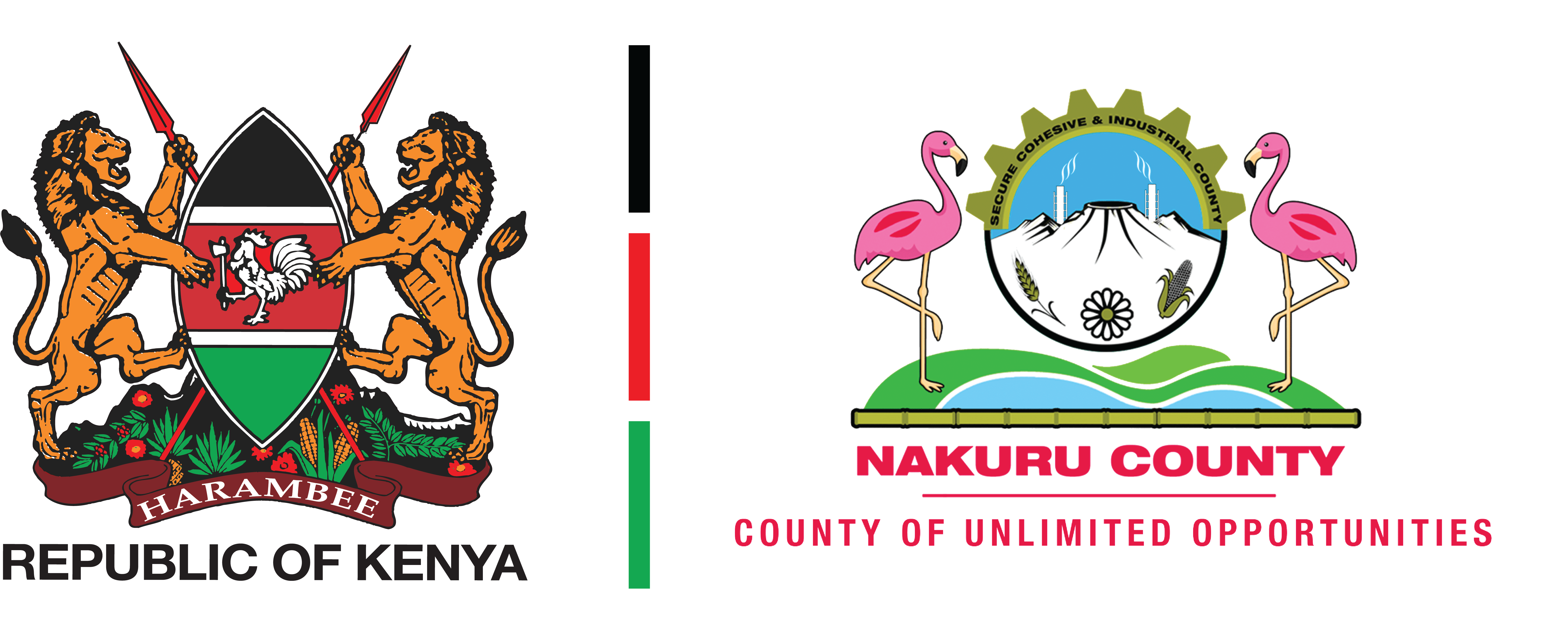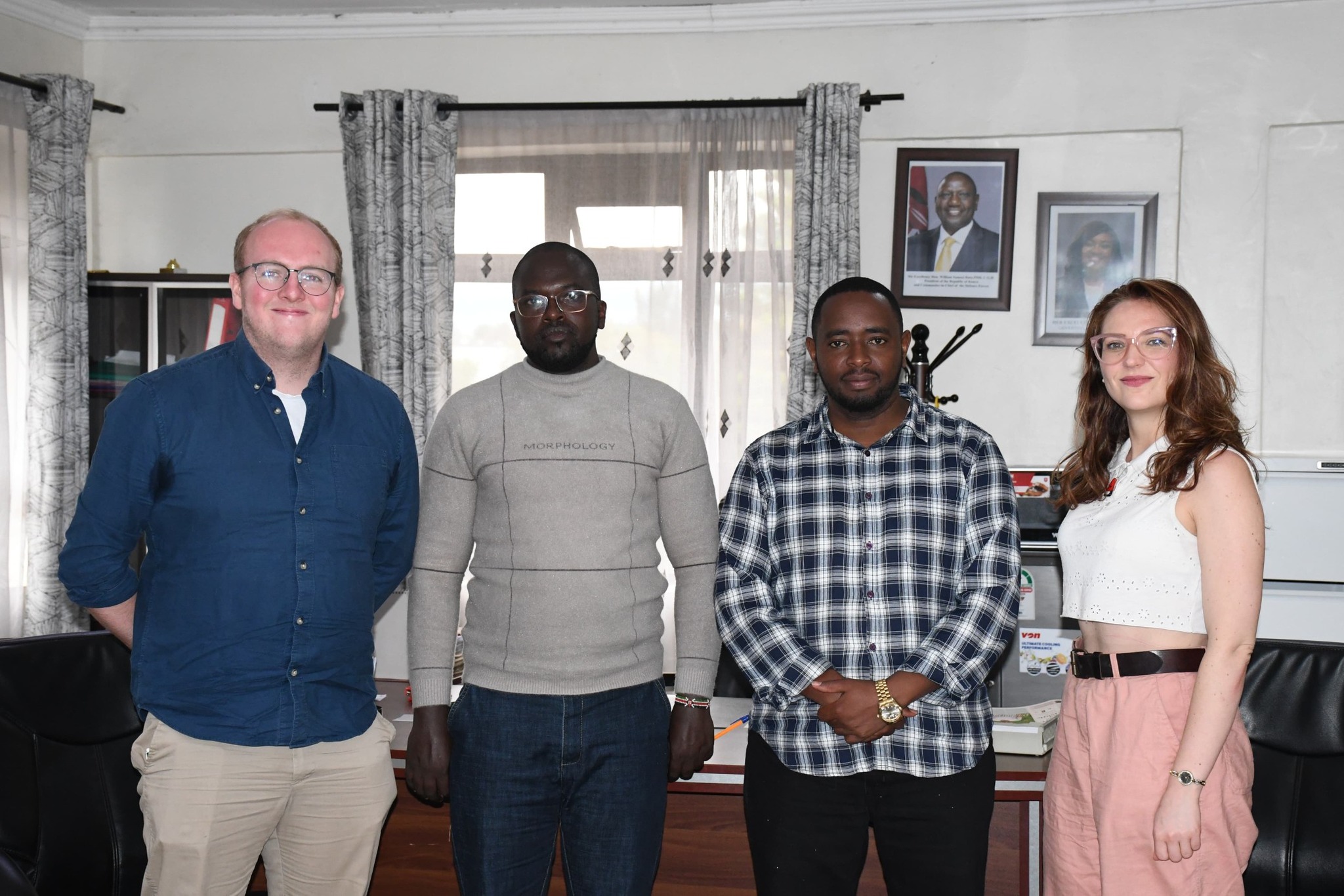Written by Elizabeth Wanjiku Benson
Cardiff University researchers have presented findings to the Nakuru City Manager on household preparedness in multi-hazard contexts, as part of the Multi-Hazards and Household Preparedness Project (MH-Prep). The study, conducted in Barut and Kaptembwa, examined how households in low-income areas experience and respond to disasters, and how local disaster management professionals assess and prioritise risks.
The study identified floods, subsidence, rising Lake Nakuru levels, human-wildlife conflict, drought, and the impact of COVID-19 as significant hazards affecting the city. These hazards disrupt daily life, with residents reporting health challenges, forced relocations, economic disruptions, and long-term social impacts. For example, residents shared how the rising lake destroyed farmland and homes, while others noted that limited income restricted their ability to prepare for disasters or relocate when necessary.
According to the findings, disasters in Nakuru are not isolated events but interconnected risks that affect all aspects of daily life. The research emphasised that preparedness requires both household-level action and systemic interventions, particularly infrastructure maintenance and government support. Without these, relocation and recovery become costly and difficult for residents.
The Cardiff team’s methodology combined workshops, household interviews, and focus group discussions with residents and disaster management professionals. Through this engagement, the study was able to capture the lived experiences of affected communities and highlight practical needs. For instance, families affected by floods highlighted the lack of relocation spaces and limited access to early warning systems, while others advocated for policies that integrate health, education, and housing into disaster preparedness planning.
One of the key outcomes of the presentation was the recognition that Nakuru requires a structured policy framework to address disaster risk. Cardiff University and its partners will work with Nakuru City to develop a City Disaster Risk Policy and Preparedness Plan. This plan will guide the city in building resilience, coordinating interventions, and strengthening preparedness across multiple hazards.
This effort directly supports the manifesto commitments of Governor Susan Kihika, who has prioritised strengthening disaster preparedness and building community resilience as part of her broader development agenda. The Governor’s vision emphasises proactive measures, including infrastructure development, climate adaptation, and citizen welfare, ensuring that no community is left behind in times of crisis.
By aligning international research expertise with local governance priorities, Nakuru is positioning itself as a leader in multi-hazard preparedness and resilience. The proposed City Disaster Risk Policy will not only address current challenges but also provide long-term strategies for managing future risks, from floods to health emergencies.
The partnership between Cardiff University and Nakuru City underscores the importance of evidence-based planning in delivering sustainable solutions. It demonstrates how global academic institutions can collaborate with county governments to enhance resilience, protect livelihoods, and foster inclusive growth in alignment with political leadership commitments.
As the city continues to grow, the development of a comprehensive disaster preparedness plan will be central to protecting residents, securing investments, and ensuring that Nakuru remains a safe and sustainable place to live.


